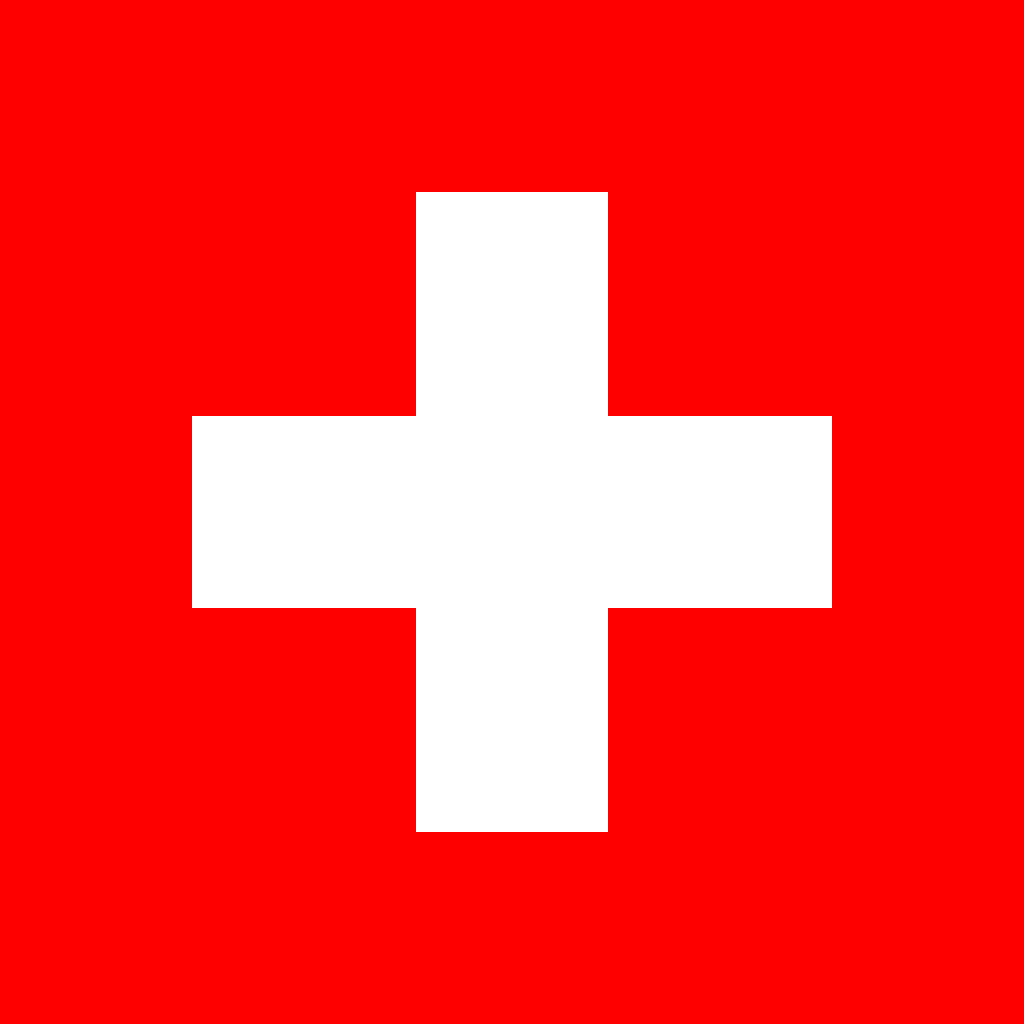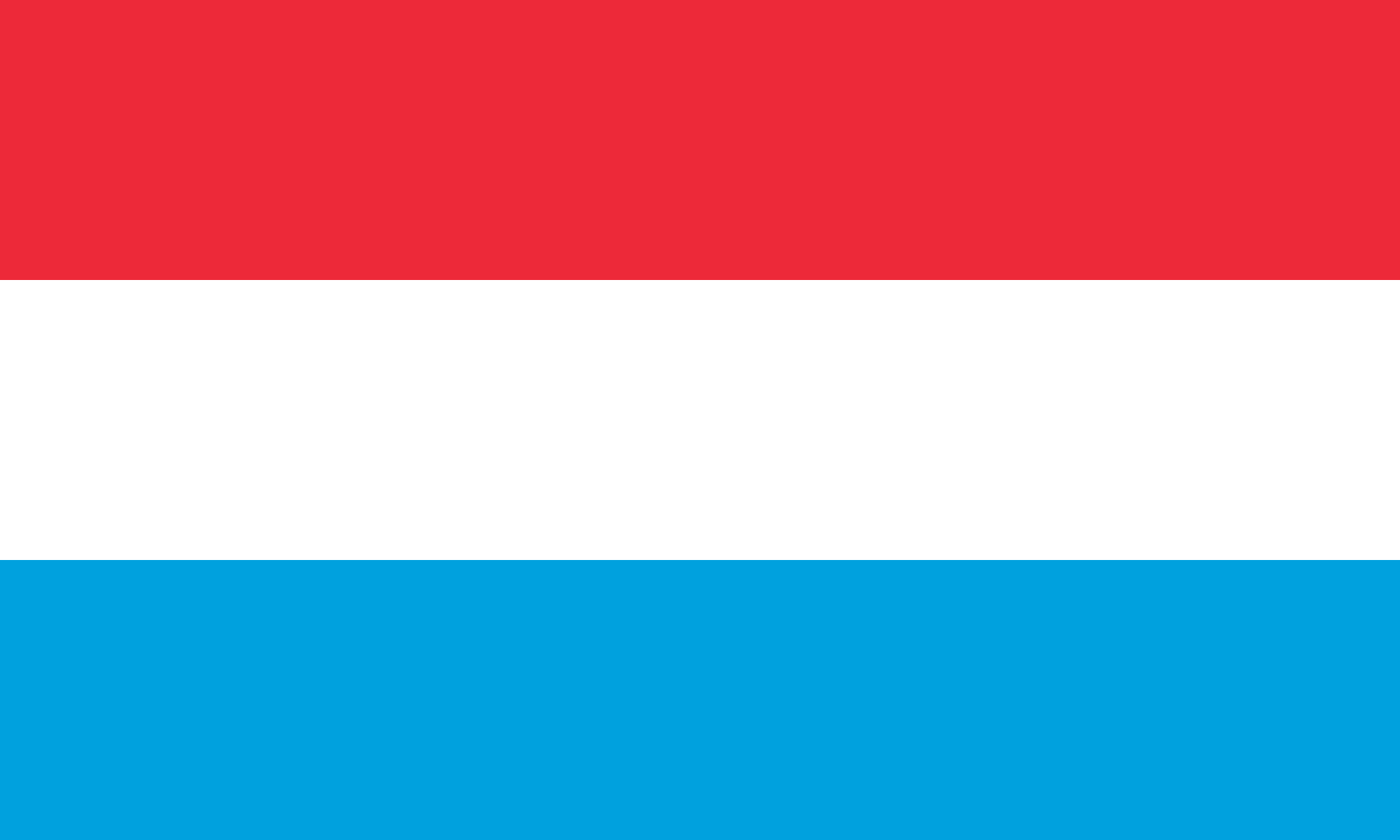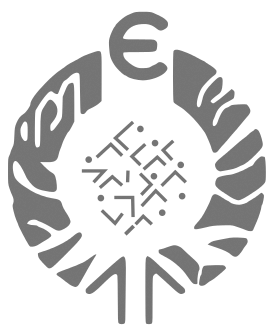German language territory





Information translated by Google translate ![]()
BASIC DATA
Surface, 473.521 km²
Population, 97,740,963 h (est. 2018).
Capitals: Berlin (Berlin), Wien (Vienna), Bern (Bern), Luxemburg (Luxembourg), Vaduz.
Languages: German (official), Danish, Sorabo, Friesian, Serbo-Croatian, Slovenian.
Ethnic composition (by nationalities): German 64.4%, Austrian 7.2%, Turkish 3%, Polish 2.2%, Swiss 0.4%, Luxembourgish 0.3%, Liechtenstienses 0.02%, other groups 22 ,two %.
Religions: Catholic, Protestant (Lutheran and Augsburg Confession), Muslim, Jewish, Orthodox.
Literacy rates: 100%; 100%; 100%; 100%; 100%
Human Development Indices (HDI): 0.936; 0.908; 0.944; 0.904; 0.916 (UN-2018).
Political systems: federal parliamentary republic; federal parliamentary republic; federal parliamentary republic; parliamentary monarchy; parliamentary monarchy.
DEMOGRAPHIC INDICATORS
Tasas de natalidad: 8,6 ‰; 9,5 ‰; 10,5 ‰; 11,6 ‰; 10,4 ‰.
Tasas de mortalidad: 11,8 ‰; 9,7 ‰; 8,4 ‰; 7,3 ‰; 7,6 ‰.
Crecimientos vegetativos: -0,32 %; -0,02 %; 0,21 %; 0,43 %; 0,28 %.
Esperanza de vida al nacer: hombres, 78,6; 79; 80,4; 79,9; 79,8 años; mujeres, 83,4; 84,5; 85,2; 85; 84,8 años (est. 2018).
ECONOMY
Agriculture: cereals, fodder plants, potatoes, legumes, sugar beet, rapeseed, tobacco, vine, fruits, hops, vegetables.
Livestock: bovine, sheep, swine, poultry.
Fishing: herring, cod, molluscs.
Forestry: conifers, beech, oak, chestnut, maple.
Mining: coal, iron, oil, natural gas, lead, zinc, copper, antimony, brown coal, bauxite, sulfur, magnesite, potassium salts, uranium, graphite.
Industry: iron and steel, petrochemical, chemical, mechanical, electrical, electronic, naval, aeronautical, automobile, pneumatic, construction, pharmaceutical, watchmaking, optical, textile, paper, cement, wood, glass, sugar, food, toys, tourism, telecommunications, Biotechnology
GDP per capita: 50,638; 52,397; 64,712; 103,744; 139,100 (dollars) (2017).
GDP sector distribution:
· Agriculture: 0.7%; 1.3%; 0.7%; 0.3%; 7%
· Industry: 30.7%; 38.4%; 25.6%; 12.8%; 41%
· Services: 68.6%; 70.3%; 73.7%; 86.9%; 52% (est. 2017).
Foreign trade:
· Exports: machinery, automobiles, chemical and pharmaceutical products, metallurgical products, precision instruments, watches, raw materials, food products, gold.
1.25 billion dollars; 146,000; 279,000; 13,468; 1,556 (millions of dollars).
· Imports: oil, natural gas, automobiles, raw materials, machinery, electrical appliances, chemicals and textiles, wood, food products, gold.
973,000; 162,000; 227,000; 19,955; 1,261 (millions of dollars) (2016).
HISTORY (XX-XXI centuries)
Alemanha
1911: Relations with France suffered a crisis with the intervention of Germany in Morocco.
1918: Chancellor von Hertling resigned and ceded the post to Prince Max von Baden; shortly after this, he announced the abdication of the kaiser and the resignation of the crown prince’s throne.
1919: Elections were held for a National Assembly, it elected Friedrich Ebert in Weimar, as the first president of the Republic.
1923: The Reparations Commission declared voluntary insolvent Germany, and the troops of France and Belgium occupied the Ruhr.
1925: On the death of F. Ebert, the presidential election fell on Marshal Paul von Hindenburg.
1926: Germany is admitted to the League of Nations.
1930: Chancellor Hermann Müller was succeeded by the centrist chief Heinrich Brüning.
1932: H. Brüning and his cabinet resigned and Franz von Papen was invited to form a government.
1933: Adolf Hitler accedes to the chancellery and creates a totalitarian state, dissolving all parties except the national-socialist.
1935: The territory of Saarland was awarded to Germany.
1936: Germany and Italy signed a political and economic cooperation agreement.
1938: Hitler entered Austria and proclaimed his annexation. Hitler, Chamberlain, Daladier and Mussolini met in Munich and drafted an agreement stipulating the partial dismemberment of Czechoslovakia.
1939: German troops invaded Poland, and France and England declared war on Germany.
1940: Germany seized Norway, Denmark, Belgium, the Netherlands, Luxembourg and France.
1941: The USSR was invaded and England attacked with increasingly destructive air raids.
1943: The Soviet army halted the German advance and successfully counterattacked.
1944: The troops of the USSR advanced towards Germany and the Allies invaded the continent.
1945: The Allied advance on the Western Front and the Soviet advance on the Eastern caused the defeat of Germany, which surrendered unconditionally.
1948: The USSR began the blockade of Berlin to expel the Allies from the German capital.
1949: The German Federal Republic is born. The first elections were won by the Christian-Democratic Union, allowing Konrad Adenauer to form a government. East Germany was politically constituted as the German Democratic Republic, whose general secretariat was occupied by Walter Ulbricht.
1953: East Germany had to face a serious workers insurrection, as a protest against the implanted bureaucracy.
1955: Germany is authorized to a limited rearmament and its entry into the North Atlantic Treaty Organization (NATO). The GDR signed the Treaty of Friendship, Cooperation and Mutual Assistance of Eastern Europe, better known as the Warsaw Pact.
1956: East Germany signed the Görlitz Treaty, which recognized the Oder-Neisse line as the definitive border between Germany and Poland.
1957: The territory of Saarland was integrated into the Federal Republic.
1964: Germany announced that they would prescribe all war crimes committed before 1945.
1965: Christian democracy, led by Ludwig Erhard again won the elections to the Bundestag.
1966: A new government was formed chaired by the Christian Democrat Kurt Georg Kiesinger.
1969: The elections gave victory to the Social Democrats, for the first time since the foundation of the new state, which formed a government chaired by Willy Brandt. The efforts of Chancellor W. Brandt and Prime Minister Stoph achieved the thaw of inter-German relations.
1970: The German-Soviet Treaty was signed, whereby the Federal Republic recognized that the Oder-Neisse line constituted “the western border of the Polish state”.
1971: W. Ulbricht was replaced as General Secretary of the Unified Socialist Party by Erich Honecker.
1972: Signing of a four-party agreement on Berlin and the problem of free movement between the two Germans.
1974: W. Brandt resigned, succeeding Helmut Schmidt, who maintained his alliance with the Liberals.
1980: In the elections, the Social Democratic-Liberal coalition was strengthened, especially the Liberal Party of Vice Chancellor Hans Dietrich Genscher.
1982: The Christian Democratic Party appealed to the Foreign Ministry its leader Helmut Kohl.
1987: The elections confirmed the government coalition, which remained headed by H. Kohl; the new legislature was going to be historical, it would be the last of a divided Germany. E. Honecker made an official visit to the RFA which, however, did not diminish the radical ideological differences between the two German states.
Austria
1914: Archduke Fernando and his wife were killed in Sarajevo, and Austria declared war on Serbia.
1916: The death of Francisco José meant the liquidation of the Austro-Hungarian Empire.
1918: The defeat of Austria forced the country to ask for peace and Carlos VII to abdicate.
1919: By the Treaty of Saint-Germain with the Allies, Austria was proclaimed Republic.
1932: Engelbert Dolfuss proclaimed himself chancellor, suspended the parliamentary regime and dissolved political parties.
1934: The Nazis attempted a coup to seize power and Dollfuss was killed.
1938: Hitler summoned Austrian Chancellor Kurt von Schuschnigg, forcing him to include in his cabinet the Nazi Arthur von Seyss-Inquart. The chancellor announced a plebiscite on the problem of Austrian independence, but the German divisions crossed the border according to Hitler’s plans.
1943: A joint declaration by Great Britain, the United States and the USSR, guaranteed the establishment of a new free and independent Austria after the war.
1945: Soviet forces penetrated Austria and occupied Vienna, days later the Americans did. He was elected President of the Republic Karl Renner.
1953: He took over in the chancery Julius Raab.
1955: Austria regained full sovereignty after the signing of the State Treaty with the victorious powers of the war.
1970-83: Bruno Kreisky formed a single color government; The Kreisky era lasted during these years.
1983: The Socialists lost the absolute majority and had to ally with the Austrian Liberal Party, conservative. The socialist Fred Sinowatz was invested new chancellor.
1986: Victory in the presidential elections of Kurt Waldheim and election to the extreme right of the liberals. Resignation of Sinowatz and election of populist Jörg Haider to head the Liberal Party.
1987: The socialists formed a «great coalition» with the popular ÖVP, chaired by the socialist F. Vranitzky and renewed after the elections of 1990 and 1994.
1995: Ratified in referendum, Austria achieved membership in the European Union.
1997: Chancellor Vranitzky submitted the resignation; His co-religionist Viktor Klima succeeded him in front of the government.
1999: The elections overturned the parliamentary landscape and the Haider party became the second political force in the country.
2000: New coalition government between the Popular and Liberal Party, chaired by the popular Wolfgang Schüssel.
2001: An agreement was signed to compensate the Jews, whose assets were usurped by the Nazis. The government and several companies paid 360 million dollars to the compensation fund.
2002: After the collapse of the government coalition, the Popular Party won the general elections.
2003: The reform of the pension plan caused strikes nationwide for the first time in several decades. Asylum legislation was also reformed, becoming the most restrictive in Europe.
2004: Heinz Fischer was elected president.
2006: The Social Democrats obtained more votes than the Popular Party in the elections, but both parties agreed to create a coalition.
2008: The Popular Party left the coalition, forcing to call early elections, in which the Social Democrats returned to reach the majority.
2010: Fischer was re-elected president.
2013: It was decided to maintain the mandatory military service after voting in referendum. The ruling coalition won the elections again.
2015: The parliament passed a controversial reform to the law of 1912, making Islam an official religion of Austria.
2016: Austria limited the number of immigrants and refugees admitted to the country, after receiving 90,000 asylum applications in 2015. The chancellor, Werner Faymann, resigned and was replaced by Christian Kern.
2017: Alexander Van der Bellen won the victory in the presidential elections. The government agreed to ban the Muslim integral veil in the courts, schools and other public spaces.
2018: The Popular Party won the elections and Sebastian Kurz became Chancellor.
Suiça
1905: La Confederación creó la Banca Nacional.
1912: A consecuencia de un referéndum que había aprobado la codificación federal, entró en vigor el Código Civil.
1914: Se designó comandante general del ejército a Urico Wile.
1918: Huelga general, especialmente virulenta en Basilea y Zurich, que pedía reivindicaciones políticas y protestaba por el alza de precios.
1919: Entró en vigor el voto proporcional, que significó para el partido socialista la pérdida de la mayoría absoluta.
1920: Se celebró en Ginebra la primera asamblea de la Sociedad de Naciones.
1939-45: Suiza logró conservar su neutralidad durante la II Guerra Mundial y rehusó todo compromiso de tipo político.
1970: Referéndum en el que se rechazaron las restricciones a la inmigración de los obreros extranjeros.
1971: En un referéndum fue reconocido a la mujer el derecho al voto en las elecciones federales.
1973: Aprobadas por referéndum la readmisión de los jesuítas y la derogación de otras limitaciones de carácter religioso.
1974: La permanencia de los trabajadores extranjeros fue sometida a referéndum, siendo rechazada la propuesta de expulsión.
1977: Una nueva propuesta xenófoba para reducir la población extranjera fue rechazada por referéndum.
1978: Suiza aprobó la creación del nuevo cantón del Jura.
1980: Fue recusada en referéndum la separación de la Iglesia y el Estado.
1986: El ingreso en la ONU fue rechazado por amplia mayoría en otro referéndum.
1992: Los electores aprobaron el ingreso en el FMI y el Banco Mundial, pero desautorizaron al Gobierno la adhesión al Espacio Económico Europeo y al ingreso en la Comunidad Europea.
1994: Una severa ley contra la inmigración irregular fue aprobada por la mayoría.
1995: En las elecciones federales progresaron los socialistas y los populistas xenófobos, pero se mantuvo la coalición gubernamental.
1999: Ocupó el máximo cargo político de la Confederación, la social-demócrata Ruth Dreifuss. En las elecciones generales el partido más votado fue el ultraconservador Partido Popular, una formación hostil a la inmigración y opuesta a la entrada en la UE.
2000: Entró en vigor una nueva redacción de la Constitución, que sustituía a la ya obsoleta de 1874.
2001: El parlamento votó a favor de integrarse a la ONU.
2002: Un grupo de historiadores independientes publicaron el informe Bergier, en el cual se afirmaba que el gobierno suizo conocía que Alemania estaba internando a los judíos en campos de concentración, y aun así decidió mantener sus fronteras cerradas a los refugiados en 1942.
2003: El Partido Popular se convirtió en el partido mayoritario del parlamento tras ganar las elecciones generales.
2005: Se aprobó unirse al tratado de Schengen.
2007: El Partido Popular volvió a ganar las elecciones generales, pero abandonó la coalición de gobierno en diciembre.
2010: El gobierno suizo pasó a estar formado por una mayoría de mujeres cuando Doris Leuthard se convirtió en la cuarta mujer en ocupar el puesto de primera ministra. Un referéndum aprobó la iniciativa para deportar a los extranjeros que hayan cometido algún crimen.
2011: En referéndum se rechazó endurecer la legislación sobre el control de armas. Tras la catástrofe de Fukushima en Japón, Suiza se convirtió en el primer país europeo en anunciar un plan para abandonar el uso de energía nuclear.
2013: Se aprobó mantener el servicio militar obligatorio.
2014: Un referéndum apoyó la iniciativa del Partido Popular de imponer estrictas cuotas a la inmigración proveniente de la Unión Europea.
Luxemburgo
1905: Al gran duque Adolfo, duque de Nassau, le sucedió su hijo Guillermo Alejandro.
1912: A Guillermo Alejandro le sucedió su hija María Adelaida.
1914: La neutralidad de Luxemburgo fue violada por Alemania.
1919: La gran duquesa María Adelaida cedió el poder a su hermana Carlota, la cual concedió una Constitución más liberal.
1940: Fue violada de nuevo la neutralidad del país por los alemanes.
1942: Alemania anexionó el Gran Ducado al Reich.
1944: Luxemburgo fue liberado y el gobierno del exilio pudo regresar.
1948: Bélgica, Países Bajos y Luxemburgo se asociaron para formar la unión aduanera conocida como el Benelux. Se adhirió al Pacto del Atlántico Norte (OTAN).
1957: Luxemburgo ingresó como miembro fundador, en el Mercado Común Europeo (actual UE).
1964: La gran duquesa Carlota abdicó en favor de su hijo el gran duque Juan.
1967: Se abolió el servicio militar obligatorio.
1969: Los social-cristianos encabezaron la vida política del país y formaron un Gobierno de coalición con el Partido Democrático, presidido por el social-cristiano Pierre Werner.
1974: El retroceso de los social-cristianos condujo a la formación de un Gobierno de coalición de liberales y socialistas, presidido por el liberal Gaston Thorn.
1979-89: Pierre Werner y Jacques Santer encabezaron gobiernos de coalición.
1989: En las elecciones generales el Partido Cristiano Social salió vencedor y J. Santer formó un Gobierno de coalición con los socialistas.
1995: Ocupó el cargo de primer ministro el social-cristiano Jean-Claude Junckner.
1999: Luxemburgo fue miembro fundador de la moneda común, el euro.
2000: El gran duque Juan abdicó en su hijo Enrique.
2002: El euro fue introducido como moneda nacional.
2004: Jean-Claude Juncker formó gobierno después de que su partido ganase las elecciones.
2008: El parlamento aprobó una reforma para limitar los poderes del Gran Duque, atribuyéndole un papel meramente simbólico.
2013: Jean-Claude Juncker dimitió, y Xavier Bettel formo una coalición de centro-izquierda.
2014: El escándalo de LuxLeaks demostró que Luxemburgo ayudó a grandes multinacionales a ahorrar millones de dólares en impuestos.
2015: Un referendum rechazó permitir a los extranjeros votar en las elecciones nacionales.
Liechtenstein
1919: Liechtenstein se inclinó por la colaboración con Suiza, antes fue aliado de Austria.
1921: El país adoptó la moneda suiza, estableció el sufragio universal y una Constitución democrática.
1924: El principado y Suiza concluyeron la unión monetaria.
1929: A la muerte de Juan II subió al trono Francisco I.
1938: Fallecía Francisco I, sucediéndole Francisco José II.
1939-45: Liechtenstein permaneció neutral tras un intento de anexión, por parte de Hitler.
1970: La Unión Patriótica puso fin al predominio del Partido Progresista.
1970-74: A. Hilbe dirigió un Gobierno de la Unión Patriótica.
1974-82: Intercambios en el poder entre el Partido Progresista y la Unión Patriótica.
1984: La mujer tuvo derecho al voto en las elecciones legislativas.
1989: El príncipe Francisco José II fallecía y fue sucedido por Hans Adam II.
1990: Liechtenstein ingresó en la ONU.
1992: Se incorporó al Espacio Económico Europeo tras celebrar un referéndum.
1993: El Partido Progresista triunfó en las elecciones generales y su jefe, Markus Büchel asumió la jefatura del Gobierno. Disolución anticipada del Landtag, pero la Unión Patriótica recuperó el poder y su líder, Mario Erick, formó Gobierno.
1995: La ciudadanía ratificó en referéndum la pertenencia del país al Espacio Económico Europeo.
2000: El G7 criticó al gobierno por no cooperar en la lucha contra el lavado de dinero, por lo que Liechtenstein modificó su legislación bancaria.
2001: El Partido Cívico Progresista ganó las elecciones, y Otmar Hasler fue nombrado primer ministro.
2002: La OCDE amenazó con imponer sanciones a Liechtenstein, incluyéndolo en la lista de los siete países que no cumplen con los criterios de transparencia financiera.
2003: En referéndum se votó a favor de otorgarle nuevos poderes políticos a la corona.
2005: Otmar Hasler continuó en el poder tras volver a ganas las elecciones generales. Unos informes encargados por el gobierno concluyeron que los bancos de Liechtenstein colaboraron con los nazis.
2009: La Unión Patriótica ganó las elecciones generales y formó gobierno.
2013: El Partido Cívico Progresista fue el partido mayoritario en las elecciones.

COLABORA
con la actualización de esta información
ELKARLANEAN
informazio hau eguneratuta
COLLABORATE
with the update of this information
inst-europ@inst-europ.org
